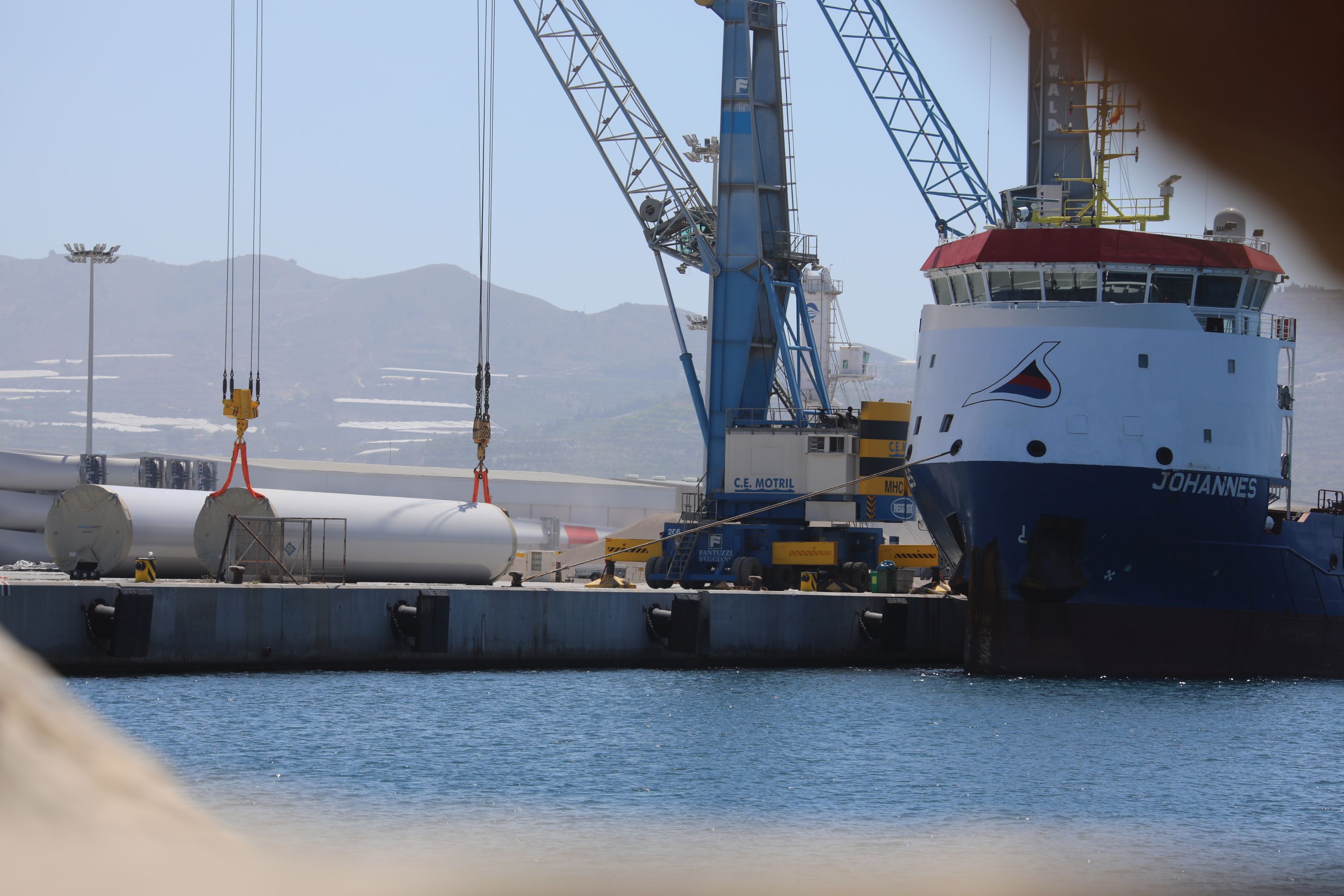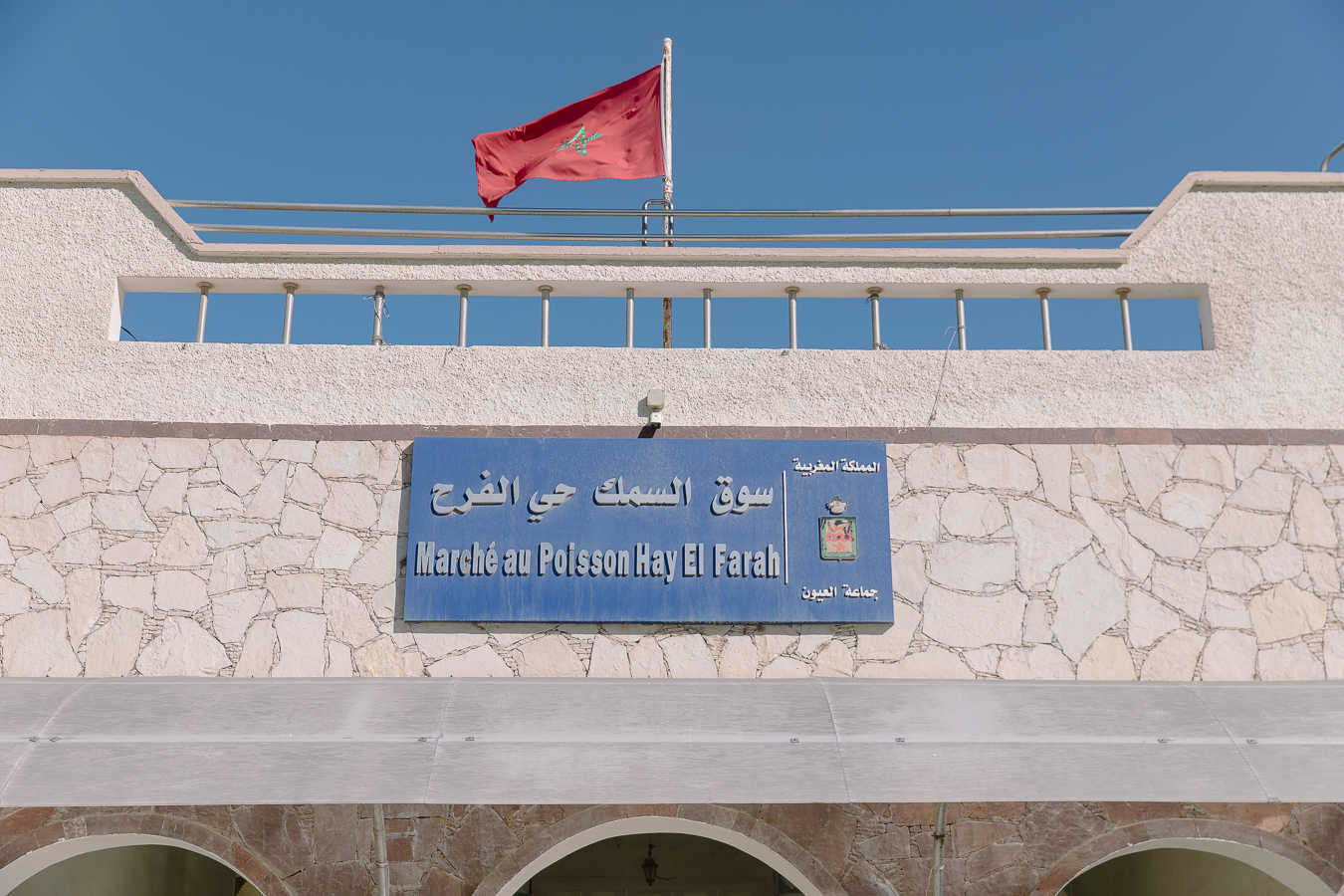
WSRW has reason to assume that a shipment of fish oil from occupied Western Sahara was discharged this afternoon in the Netherlands.
Today, 15 October 2019, may very well be marked by the first import of fish oil from occupied Western Sahara into the European Union since January 2017.
The tanker Oramalia (flag: Gibraltar, IMO: 9392640) late afternoon of 15 October, discharged some of its cargo in Moerdijk, the Netherlands. Two weeks ago, on 2 October, the tanker had arrived at the port of El Aaiun – the capital city of occupied Western Sahara – with a draught of 5 meters. When she left on 6 October, the draught was 5,8 meters, indicating she had taken on a cargo. The vessel then made an 18 hours stop-over in Casablanca, taking in an additional, yet smaller cargo, on 8 October 2019. Oramalia then set sail for Rotterdam.
Today, the vessel has discharged part of its cargo in Moerdijk, just south of Rotterdam.
Western Sahara Resource Watch has reason to assume that the tanker is transporting a cargo of fish oil.
This Oramalia import therefore constitutes what is probably the first delivery of Western Sahara fish oil into the EU since January 2017, when the tanker Key Bay delivered a shipment to France. The probable importer of the Key Bay cargo, Olvea, has refused to answer any questions from media and civil society groups. It has not yet been established which European company has taken in today's Oramalia shipment.
Morocco has occupied the larger part of the territory of Western Sahara since 1975. Half the people of the territory has since fled their homeland, while Morocco profits from the exploitation of its resources. Morocco exports products from Western Sahara, but obfuscates their true origin: rather than Western Sahara, the products’ documentation will state Morocco as country of origin. The EU turns a blind eye to this practice for political reasons.
Accordingly, the import is most likely in violation with the “EU Hygiene Regulations on Fish Oil intended for Human Consumption and Third Country Establishments", which has a section on “Additional information regarding fish oil that is to be imported from third countries into the EU”. There, the Regulation specifies that "when importing fish oil for human consumption from a third country after 30 April 2009, the country must be listed in accordance with Article 11 of Regulation (EC) 854/2004 for import of fishery products."
"Furthermore, the third country establishment from which that product was dispatched, and in which it was obtained or prepared must appear on the lists of establishment from which import of specific products of animal origin are permitted", the Regulation reads.
But Western Sahara is not on the list of third countries from where fishery products can be imported and there is no list of approved establishments for Western Sahara.
The fish oil producers that are located in Western Sahara however do appear in the list of EU approved fishery exporters for Morocco. That list was last updated a few days ago.
New report: Certified occupation
International certification standards embellish Morocco’s controversial trade with fisheries and agricultural products in occupied Western Sahara, new report documents.
Certification giant SGS points fingers elsewhere
SGS blames everyone else for mistakes on MarinTrust certificates it had issued to Moroccan companies in occupied Western Sahara.
New report: Greenwashing Occupation
Out now: WSRW today publishes a new report outlining the massive - and deeply problematic - renewable energy projects that Morocco is developing in occupied Western Sahara.
GMP+ does not check if “sustainable” fish is legally caught
The world’s largest certification scheme for “safe and sustainable animal feed” does not check whether its certified fish feed companies source from illegal fisheries in occupied Western Sahara, where catches violate the Saharawi people’s right to self-determination.



